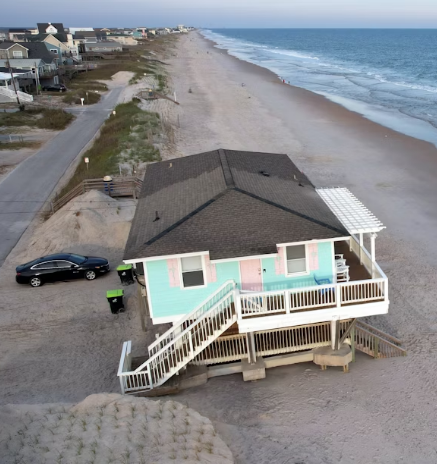Buying a home in Spain sounds like a dream. The sun, the lifestyle, and the price tags seem perfect. However, the true cost is often much higher than the listing price. If you’re thinking about buying property in Spain, it’s important to understand all the hidden costs and risks.
Upfront Costs Add Up Quickly
First, the price you see online is just the beginning. For new homes, you pay a 10% VAT right away. For resale properties, there’s a transfer tax between 6% and 10%, depending on the region. On top of that, you have notary fees, land registry costs, and legal fees. These can add another 3% to 5% to your bill.
So, a €200,000 home might actually cost you around €230,000 before you even move in.
Ongoing Expenses Can Surprise You
Next, owning a home means paying yearly taxes. The property tax (IBI) ranges from 0.4% to 1.1% of the property’s cadastral value. Then, there are community fees if your home is in a shared complex. These fees cover pool and garden maintenance and can be hundreds or even over €1,000 a year.
Also, non-resident owners pay a tax on “imputed income.” This means Spain taxes you on income you didn’t actually earn from the property. For non-EU residents, this tax rate is 24%.
Finally, don’t forget utilities, home insurance, and possible property management fees if you don’t live there year-round.
New Tax Hikes for Non-EU Buyers
Recently, the Spanish government announced plans to double property taxes for non-EU buyers. This move aims to limit foreign investment amid a housing crisis. Although details are still being worked out, this could make owning property even more expensive for many retirees and expats from outside the EU.
This policy follows similar trends in countries like Denmark and Canada.
Beware of the “Okupas” Squatter Problem
Another risk to consider is illegal occupation by squatters, known as “Okupas” in Spain. In 2022, over 16,400 properties were illegally occupied. Evicting squatters can take up to two years and cost thousands in legal fees and repairs.
Homes left empty for months are especially vulnerable. Even though new laws aim to speed up evictions, the problem remains serious. Some insurance companies now offer special “anti-okupas” policies to help cover these risks.
Is Buying Still Worth It?

Despite these challenges, Spain remains a popular choice for many. The climate, culture, and lifestyle are hard to beat. However, if you want to avoid surprises, plan carefully.
Consider long-term renting as an alternative. Renting lets you enjoy Spain without the high taxes and legal headaches. Or, if you want to buy, get advice from local experts on taxes, laws, and property management.
Conclusion
Buying property in Spain is more than just paying the asking price. Hidden taxes, ongoing fees, new government policies, and squatter risks can add up fast. With good planning and professional help, you can still enjoy the Spanish dream—but only if you know what to expect.







